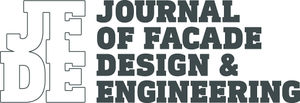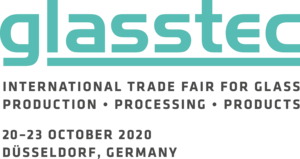Architectural Façades and Products Research Group
Faculty of Architecture and the Built Environment, TU Delft
March 30th 2021
Location: Online Conference (ZOOM)
User centred façades
The Future Envelope 13 – Conference on Building Envelopes
Over recent years, we have observed new trends in building envelopes towards a more user centred design. Themes such as sustainable solutions have been widely discussed but ultimately it is the use of buildings as the primary goal of building activity. We believe that technological development and processes need to embrace the user of a building to come to new innovative solutions.
The conference addresses topics such as User Comfort, Engineering Performance, Technology and User Interfaces and finally the Design and Co-creation of Facades.
‘User Centred Facades’ aims at answering the following questions: What are the trends that determine the future of the building envelope? How can we understand the impact that facades have on user comfort and wellbeing? What technological solutions enable the best interaction of façade and user? How can the user get involved and how can we design new processes to support co-creation?
During the 13th edition of the annual conference, twelve international speakers from research, industry, management and design will share their experience and visions of the future building envelope.
User centred façades is organised by the Architectural Façades and Products Research Group, Chair Design of Construction, TU Delft in cooperation with the European Façade Network (EFN)
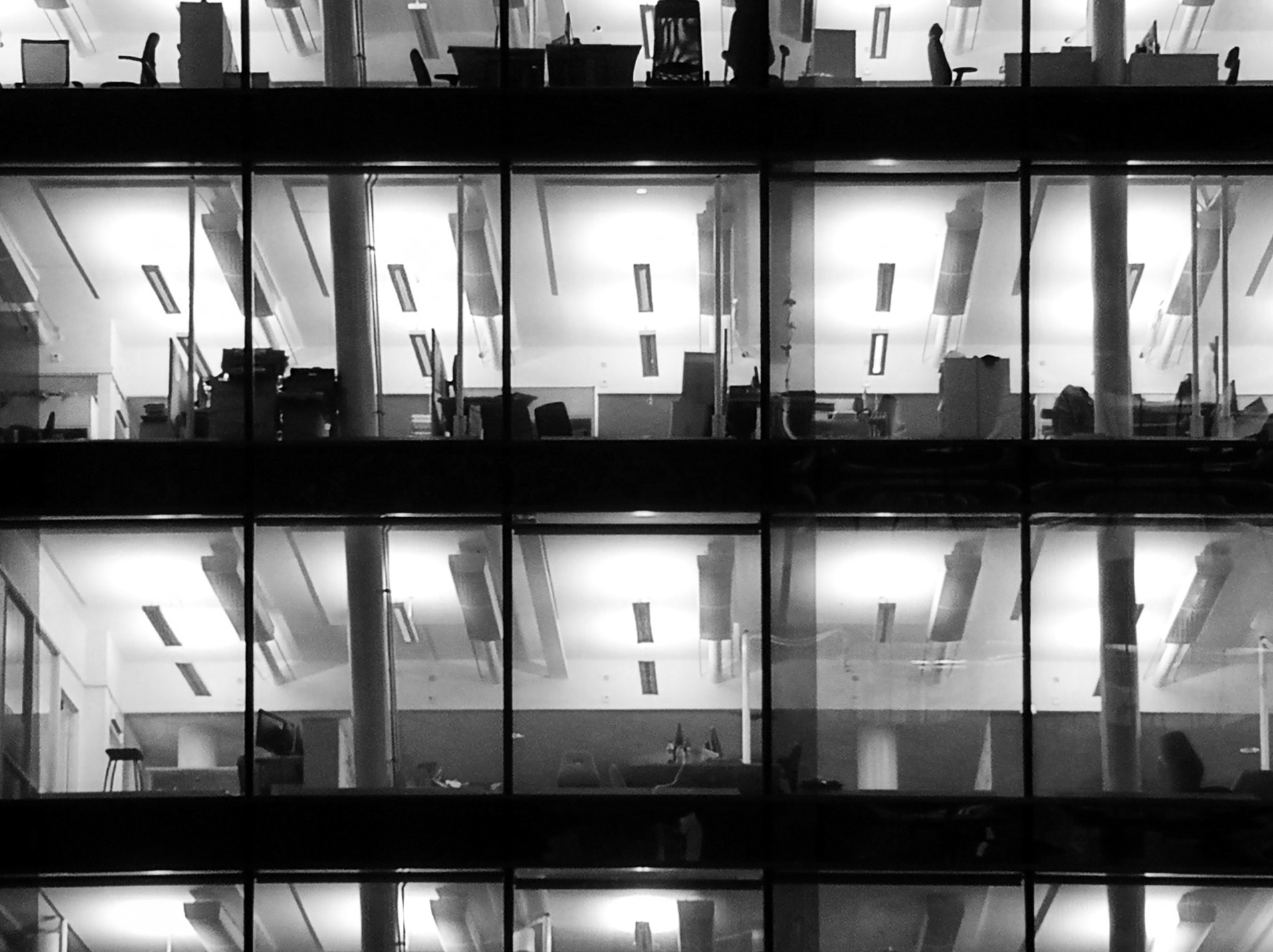
|
|
|
|
|
|
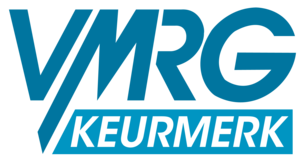 |
Programme
| 10:15-10:25 Welcome & Introduction |
| 10:25-11:25 SESSION 01 - User Comfort |
David Keyson / OfficeVitae (NL) Philomena Bluyssen / TU Delft (NL) Shady Attia / U. Liege (BE) |
| 11:30-12:45 SESSION 02 - Engineered Performance |
Jaap Wiedenhof / ABT (NL) Paul Carew / BuroHappold (DE) Rudi Scheuermann / ARUP (DE) Mauro Overend / TU Delft (NL) |
| 12:45-13:25 Lunch Break |
| 13:25-14:50 Thematic discussions with the Industry: Parallel sessions (5 min presentations from the Industry and roundtable discussion) |
- Resource efficient Facades (WICONA) - Facades as a service (VMRG) - Circular approach (JANSEN/ODS) - Global challenges for glass (GLASSTECH) |
| 15:00-16:00 SESSION 03 - Technology & User Interface |
Thijs Biersteker / Woven Studio (NL) Michael Drass & Heiko Mertel | M&M Network-Ing|HeikoMertel (DE) Hans Zwaanenburg / VMRG (NL) |
| 16:05-17:05 SESSION 04 - Design & Co-creation |
Olivia Guerra/Santin / TUe (NL) Carlo Batisti / Living Future Europe (IT) Astrid Piber & Ren Yee / UNStudio | UNSense (NL) |
| 17:05-17:15 Closure |
Publication
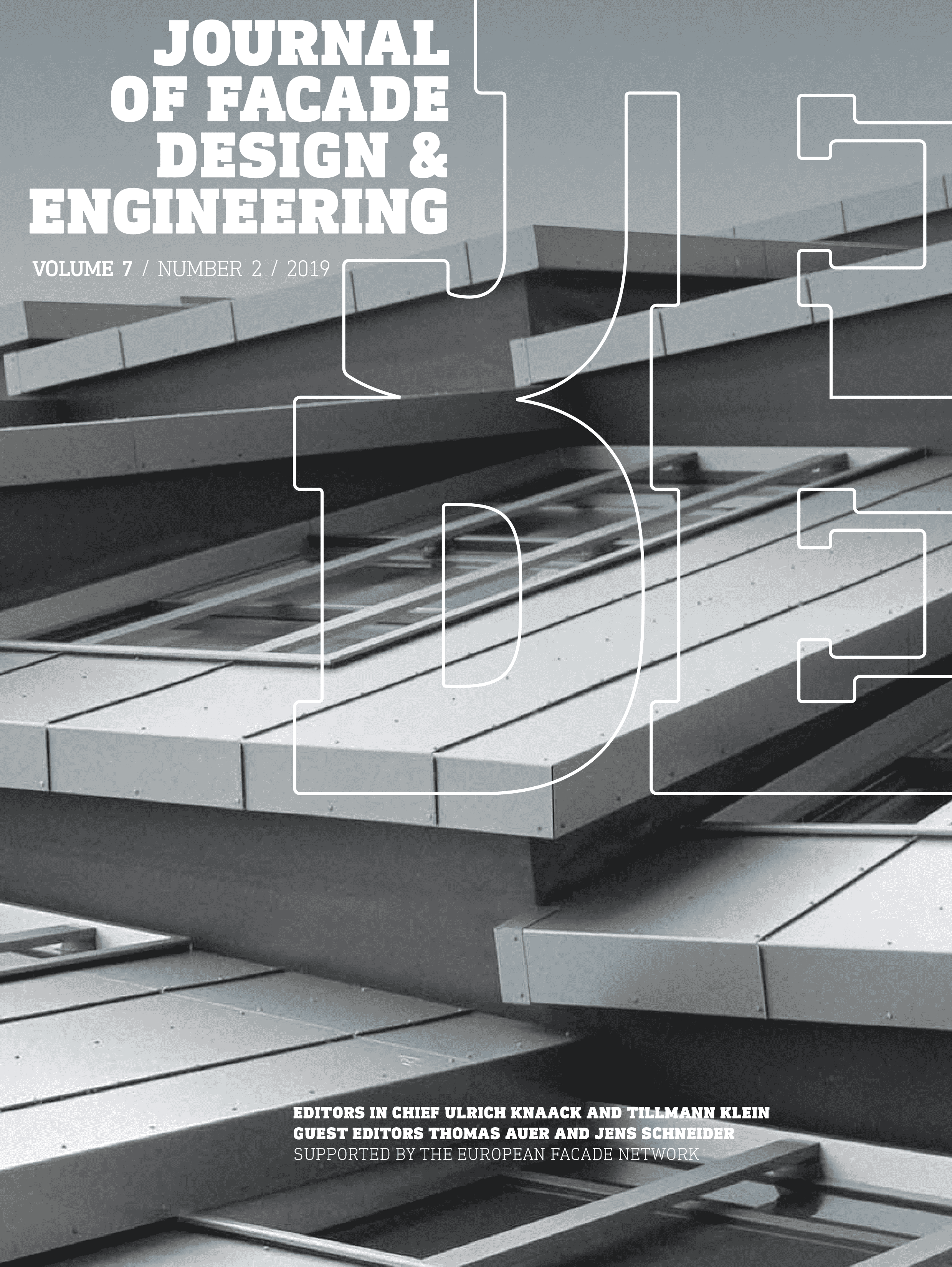
Articles from the key-note presentations will be published in the Journal of Façade Design and Engineering.
For further information: http://jfde.tudelft.nl/
Downloads
For more information contact FutureEnvelope-bk@tudelft.nl.
Location
The Future Envelope 13 takes place online (ZOOM)
Speakers
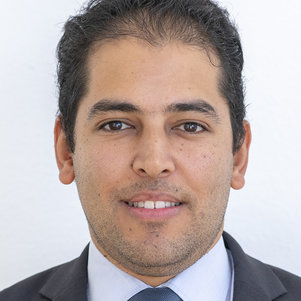
Shady Attia
Prof. Shady Attia is an architectural engineer and professor in sustainable architecture and building technology at the University of Liège, in Belgium. He is a faculty member of the United States Green Building Council. He is heading the Sustainable Building Design Lab founded in 2014. The lab activities are focused around design decision support of high-performance buildings and user-centred advanced facades. The lab is focused on integrative sustainable design and performance monitoring addressing users’ interaction in relation to energy efficiency, thermal comfort, and indoor environmental quality.
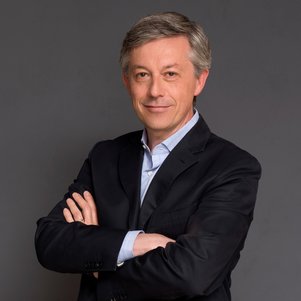
Carlo Battisti
Civil Engineer from the Politecnico of Milan, with about twenty years of experience in construction companies. He has a Master of Management and Organizational Development at MIP International Business School; and certified Project Manager IPMA®. LEED®, Living Future and WELL Accredited Professional. USGBC® and WELL Faculty™.
Since 2009, he has been working with IDM South Tyrol (Italy) as an innovation manager in the Business Development department, where he facilitated in 2012-2019 a “Façades Working Group”. He also developed and directed the first three editions of “FACE | Façades Architecture Construction Engineering” a comprehensive training program on complex building façades. Since 2017, he’s working with Eurac Research as Chair and Project Manager of the COST Action 16114 RESTORE (REthinking Sustainability TOwards a Regenerative Economy), and he is the European Executive Director for the International Living Future Institute since 2018, and now President at Living Future Europe. LFE’s mission will hasten the change and provide needed direction towards a regenerative design transition in Europe.
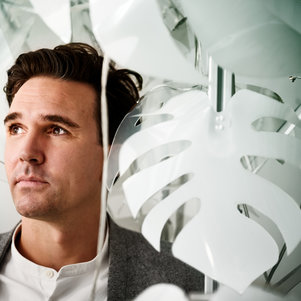
Thijs Biersteker
Thijs Biersteker creates interactive awareness installations about the world’s most pressing issues today. His work seamlessly combines scientific research and new technologies to deliver an empowering experience that is accessible both intellectually and technologically. His immersive art installations, often described as eco- or awareness art, turn the impact of climate change, air pollution, ocean plastic , diversity, data misuse into a tangible experience. Using a fluid mixture of data, nature, kinetic motion, water, digital visualisations, analog elements, the virtual and real worlds. He has won awards like the prestigious Lumen prize for digital art, has exhibited at Fondation Cartier pour l’art contemporain Paris (FR), Stedelijk Museum Amsterdam (NL) among others, and has been featured in Wired, New Scientist, Financial Times and Discovery Channel.
Thijs Biersteker is founder of Woven Studio, a sustainable art studio that works together with universities, scientists, research groups, museums and architects to communicate their scientific facts in an experiential way. Currently Biersteker holds a teaching position at the Delft University of Technology (NL).
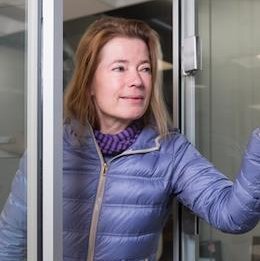
Philomena Bluyssen
Prof. dr. Philomena M. Bluyssen received her building engineering degree in 1986 at the Technical University of Eindhoven, and in 1990 her PhD at the Technical University of Denmark with a thesis on ‘Air quality evaluated by a trained panel’. After working for more than twenty years as a researcher with TNO, she was appointed full Professor Indoor Environment in 2012 at the Faculty of Architecture and the Built Environment, of the Delft University of Technology. There she initiated the SenseLab, a semi-lab environment partly open to the public, sponsored by 25 companies and organisations.
Bluyssen is member of the (inter)national organisations TVVL, REVHA, ASHRAE, ISIAQ and CIB. She has contributed and/or authored to more than 240 publications, and has been invited as guest, distinguished or keynote lecturer at several conferences and universities. For ‘The Indoor Environment Handbook: How to make buildings healthy and comfortable’, she received the prestigious Choice Outstanding Academic Titles of 2010 Award.’ Her book ‘The Healthy Indoor Environment – How to assess occupants’ wellbeing in buildings’, was published in 2014 and received the IDEC 2016 Book Award.
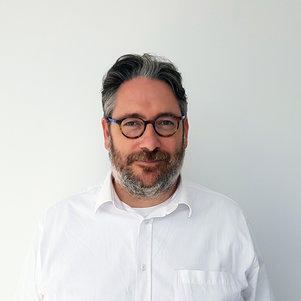
Paul Carew
Paul joined BuroHappold’s office in Berlin as Associate Director in 2018. Before he worked as a building services engineer in South Africa and for BuroHappold in London with a focus on heating, ventilation and air-conditioning. He then attended coursework in Sustainable Energy Engineering at the Royal Institute of Technology in Stockholm, Sweden. After spending a semester lecturing building physics and comfort strategies at the School of Architecture at Universidade Austral, Chile, he founded PJCarew Consulting. PJC provided consulting services focusing on sustainable design, specialising in passive and low energy design integrating architectural and building systems aspects.
Paul has extensive experience in multiple building typologies including mixed use, commercial and public buildings. Scale varies from single building to Master Planning. Services include energy comfort, water and wastewater systems. Within challenging budget, maintenance, construction, climate and socio-economic contexts, he has managed to bring innovative engineering solutions through going back to first principles, holistic thinking and early design input. Paul is regularly invited as a guest lecture and keynote presenter to share this experience.
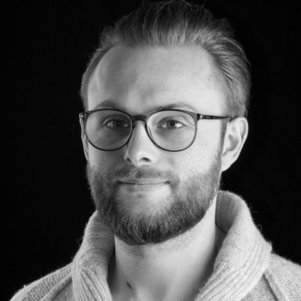
Michael Drass
Michael Drass studied civil engineering at University of Applied Sciences Mainz with special focus on new joining technologies in timber engineering. After his studies he worked for 5 years as a research assistant at the Institute of Structural Mechanics and Design (ISM+D) at the TU Darmstadt. In the context of his PhD, Dr. Drass worked on the topic "Constitutive Modelling and Failure Prediction of Silicone Adhesives in Facade Design. After his PhD he founded the Start-Up M&M Network-Ing with his colleague Dr. Michael A. Kraus., which combines topics of artificial intelligence, nonlinear mechanics and constructive glass engineering. Furthermore Dr. Drass is still working at ISM+D as a Post-Doc.
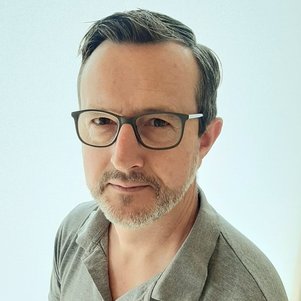
Heiko Mertel
Heiko Mertel, Civil Engineering background, Founder and Consultant at heikomertel.com has a long history in high profile building envelopes. He worked for the seele Goup as Managing Director at iconic skin and was responsible for development, design, finance, HR, project management, fabrication, client relations and acquisition. Heiko Mertel is well experienced in steel, glass and aluminum façade structures and developing new facade types. As a Project Director and Senior Project Manager he worked on different high profile roof and façade jobs. Heiko Mertel studied Civil Engineering at the University of applied sciences in Coburg and University of Hertfordshire, UK and gained comprehensive experience on various large scale projects working with global companies like Bovis Lend Lease. The main focus of the practice is sustainability, new technologies and methodologies.
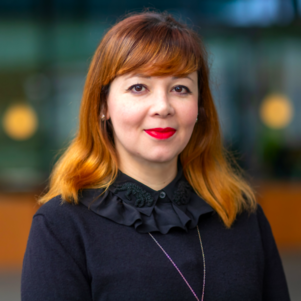
Olivia Guerra-Santin
Olivia Guerra-Santin PhD is Assistant Professor in the chair of Smart Architectural Technologies in the Department of the Built Environment in Eindhoven. She has previously worked at the Welsh School of Architecture in Cardiff University, The Hague University of Applied Sciences and the Faculty of Industrial Design Engineering in TUDelft.
With her research Olivia aims to design and evaluate energy efficient and healthy environments. Her expertise involves user-centred research and design methods, building monitoring and performance evaluation, and the use of Living Labs for socio-technical research. Her topics of interest include building management and control, occupants’ behavior, and building performance. To date she has participated in a number of research projects on monitoring performance in the Netherlands, the UK and Spain. At TU/e Olivia participates in the research program AI in the Built Environment. She is interested in developing design and evaluation approaches and methodologies that make use of building monitoring data in an efficient and ethical manner. She is currently researching the possibilities given by emerging technologies and data driven methods to support more efficient building management and behavioral change.
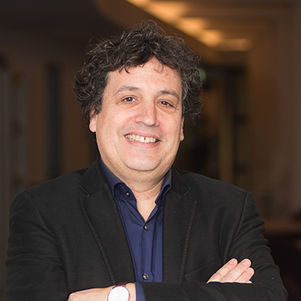
David Keyson
David Keyson is a distinguished Antoni van Leeuwenhoek professor in Smart Products and Environments at the Faculty of Industrial Design Engineering, TU Delft. He leads research in the area of sustainable living and work. His research aims to foster wellbeing combined with energy and CO2 reduction in the built environment while contributing to living lab design methods. His educational work focuses on applications for interactive technology for societal impactful designs. Over the past decade he has acquired and led multiple EU and NWO projects and is active in the Climate Knowledge Innovation Community.
He heads the section Design Conceptualisation and Communication in the department of Industrial Design at TU Delft. Prior to that, David worked at Philips Research as a Senior Research Scientist in media and multimodal interaction. He holds a PhD from the Technical University of Eindhoven in Perception and Technology and a MSc in Ergonomics from Loughborough University. David co-founded Office Vitae in late 2016. The start-up focuses on vitality at work in the context of sustainability.
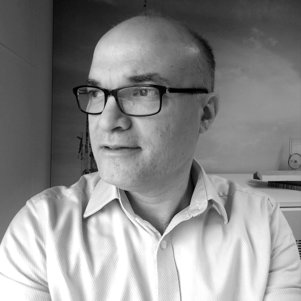
Mauro Overend
Mauro is Professor of Structural Design & Mechanics at TU Delft. He is a chartered engineer with several years of consulting engineering, teaching and research experience in the fields of structural engineering and façade engineering. His research and teaching interests are the interface of structural engineering, materials engineering and building physics which underpin the performance of glass building envelopes and sustainable structures in general. Mauro is passionate about interdisciplinary collaboration, both in teaching and research, He has won several international awards and his work has found applications in international design standards and in some of the most challenging buildings globally.
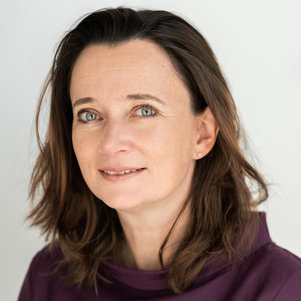
Astrid Piber
Astrid Piber is a Partner at UNStudio and Senior Architect in charge of several large-scale design projects globally. Since joining UNStudio in 1998, she has worked on numerous projects, from the initial urban study and competition phases through to realization. Working with a trans-scalar approach - from large-scale projects to their interiors - designing to add value through user experience has been key. Sophisticated place-making strategies have also been part of the design approach for the retail developments on which Astrid has worked. In all cases, the projects are designed to be inherently contextual, while commanding their own unique presence.
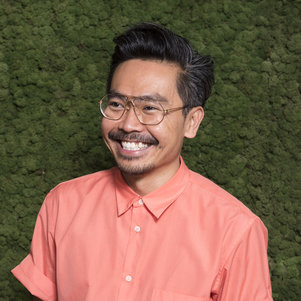
Ren Yee
At UNSense, Ren Yee leads Design/Strategy, exploring, designing and implementing strategies and technologies to improve people’s living conditions and to make buildings and cities more humane and healthy. In order to create site-specific and future-proof concepts, visions and strategies and by embracing a multi-disciplinary approach, Ren helps cities to develop (smart) city visions and strategies and advises on the implementation of technologies and sensorial design, often involving a wide range of stakeholders. These include government bodies, private developers, real estate companies and citizens.
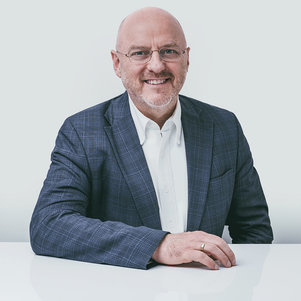
Rudi Scheuermann
Rudi Scheuermann is Director and Global Leader Building Envelope Design at Arup. As an architect and engineer he has built up the building envelope design and numerous specialist disciplines, including building physics, fire protection, materials, lighting design and acoustics in Arup’s German office. His focus is on a multidisciplinary design of sustainable and energy-efficient building envelopes. In recognition of his achievements, he was appointed Arup Fellow in 2014.
Rudi studied architecture at the University of Karlsruhe and later completed a research study in Bath, England, with a master's degree in architecture in membrane constructions. He has worked for architectural and engineering practices in Germany, the Netherlands, Great Britain and the USA.
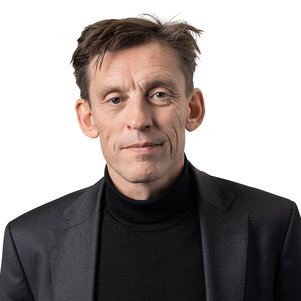
Jaap Wiedenhoff
Jaap Wiedenhoff started his career as an MEP engineer. He distinguished himself by a thorough open minded first principles approach. This rapidly evolved leading large multi-disciplinary design teams on complex projects across the world with some of the most renowned architects of our time. Today his passion is still finding elegant solutions for complex issues, both for business and design. His understanding of human needs, physics and appreciation for nature has helped shape some of the most healthy, comfortable and sustainable buildings and built environments. His ultimate driver has been and still is the simple question asked to him 20 years ago by Alvaro Siza, ‘What is wrong with the indoor environment in buildings. Why cannot they simply feel like a fresh, pleasant spring forest?’
Today he leads the engineering design of the new Terminal for Schiphol as well as the Oosterhoff group innovation center. The innovation center develops tools and strategies to deal with the challenges of energy transition, climate change and adaption and material shortages on a building, district and infrastructural level.
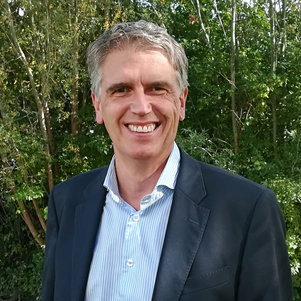
Hans Zwaanenburg
Hans Zwaanenburg is General Director / Managing Director at the Association of Metal Windows and Facade Industry (VMRG). The VMRG has approximately 100 members (façade builders) and more than 100 partners (suppliers); being developed into an organization that, with its affiliated members and partners, represents almost the entire industry. The VMRG is an active member of the European façade branch associations FAECF and EuroWindoor.
Hans had experience in the façade and building industry. He has a Master in Business Administration from the Radboud University, a master in Marketing from the Eindhoven University of Technology and is an architectural engineer. He has been working for the VMRG as Managing Director since 1 September 2018. Within the VMRG, he is actively involved in the projects Circular Façade Economy, the Façade Identification System Cirlinq and the Façade Service Application FaSA. He is also involved in the European branch organizations FAECF and EuroWindoor.
Impression of previous editions
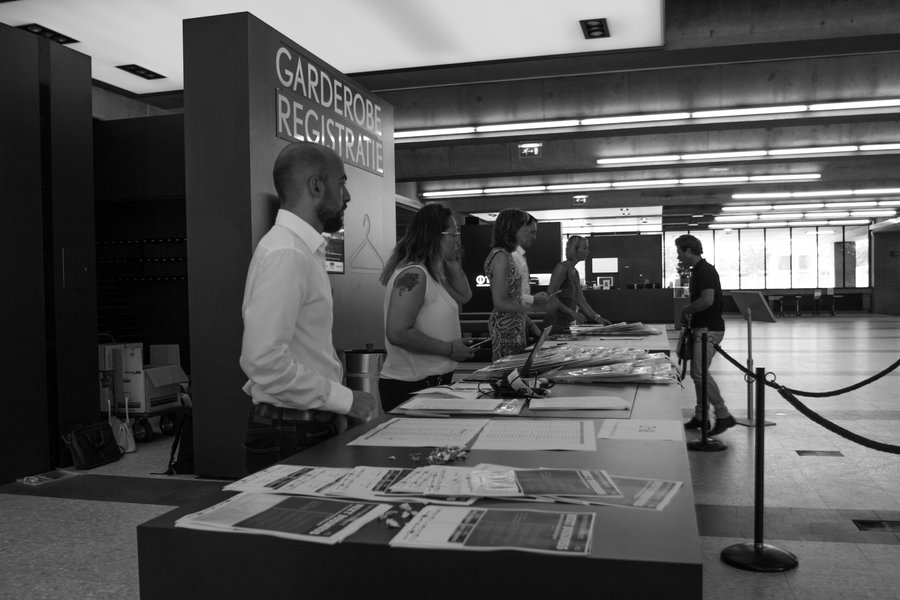
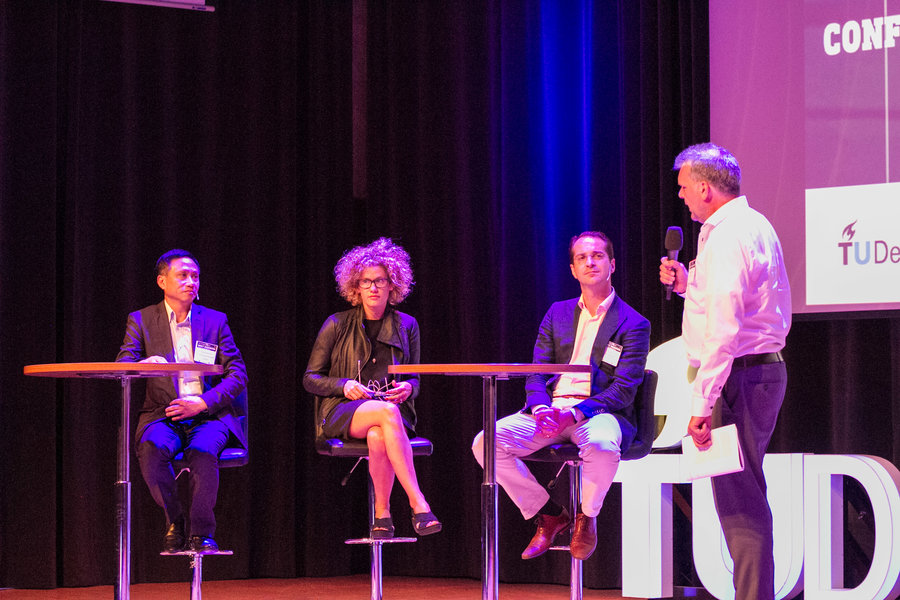
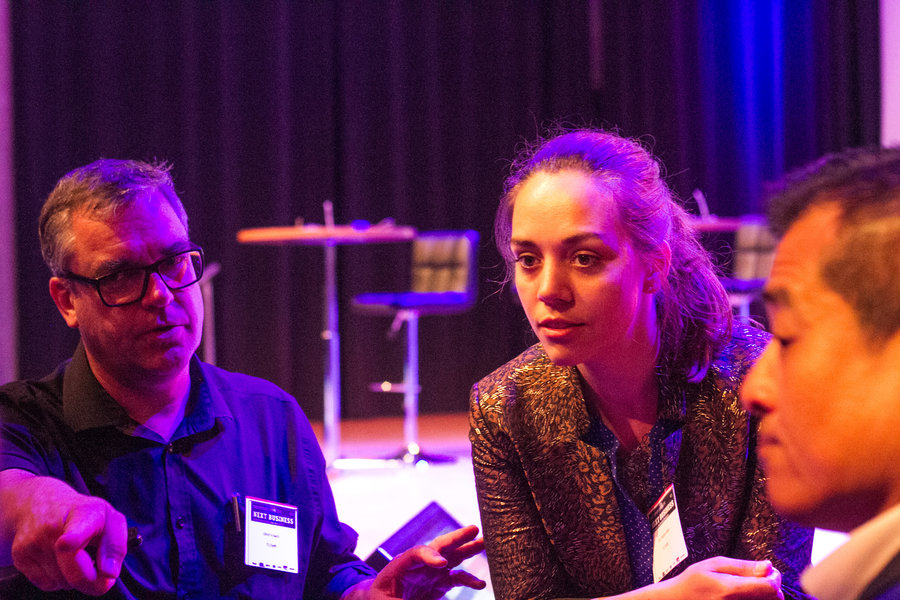
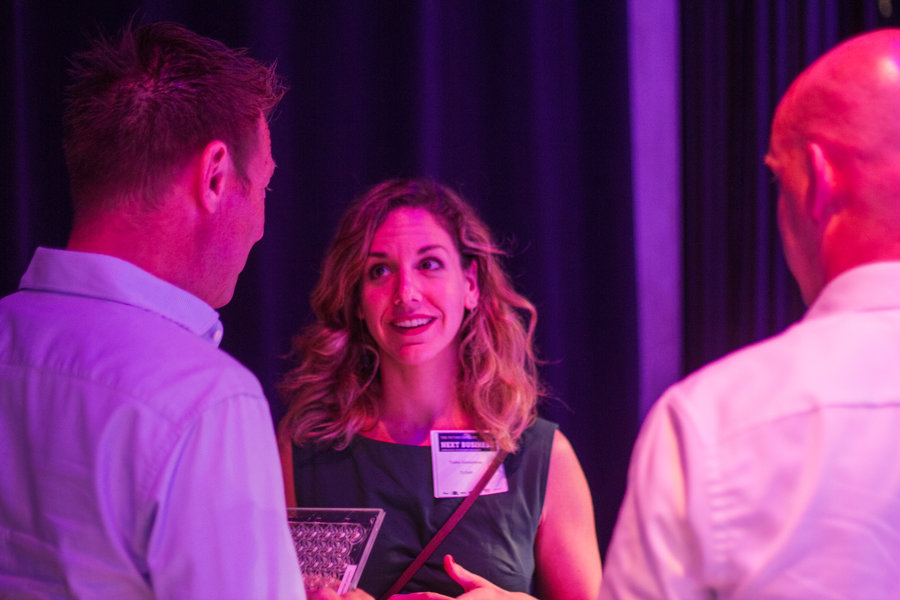
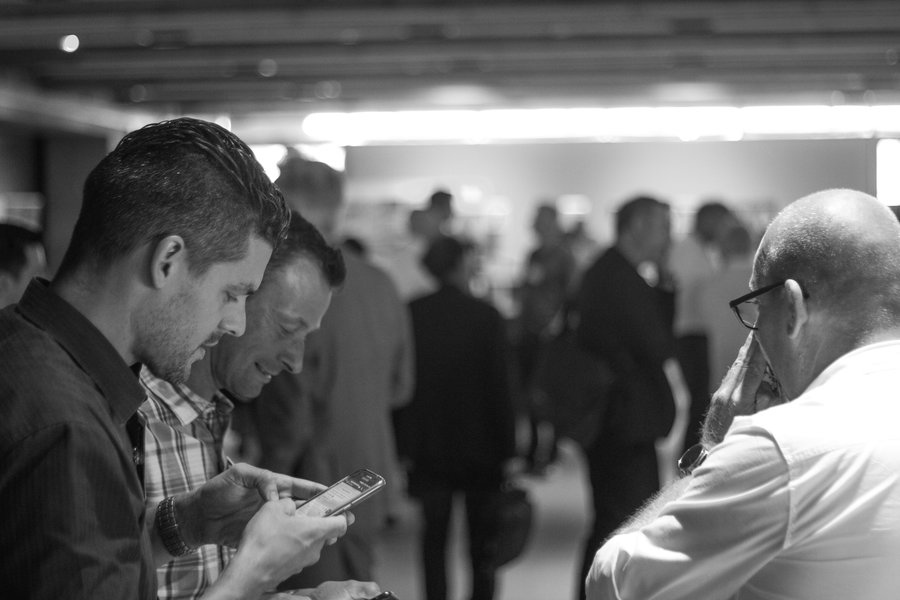
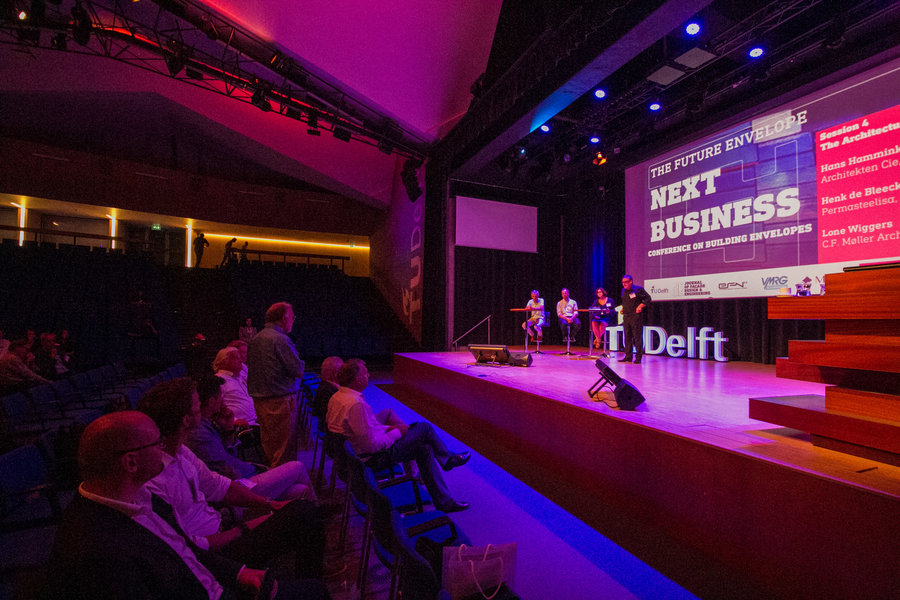
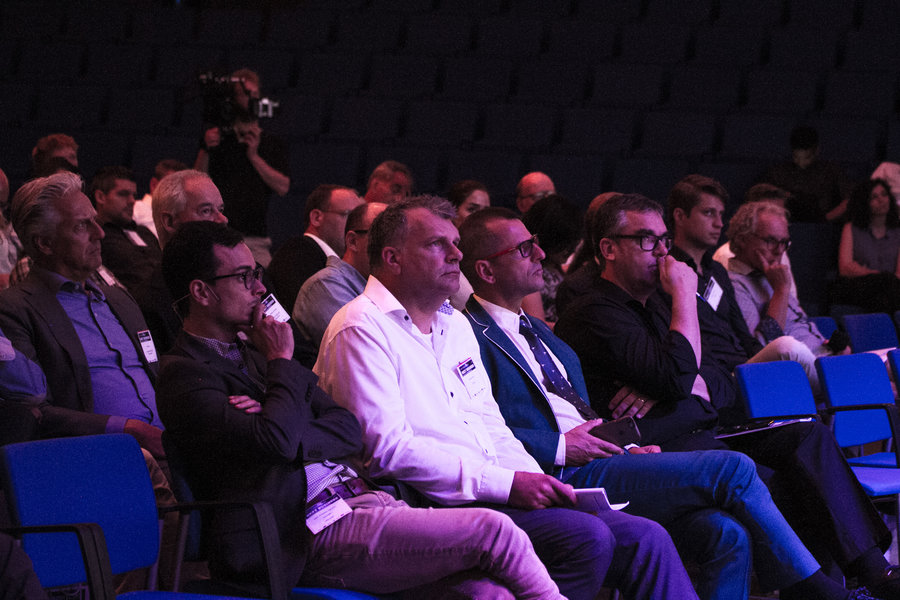
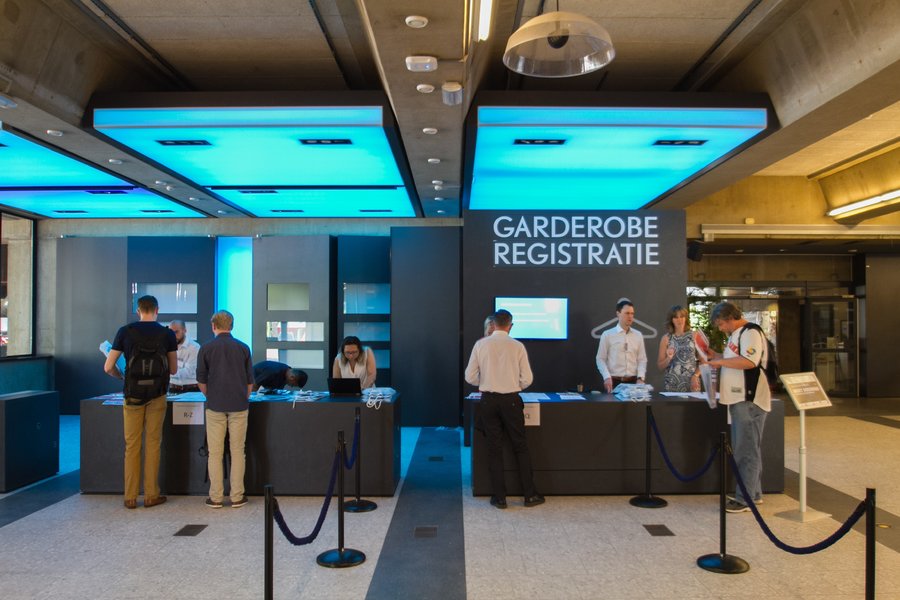
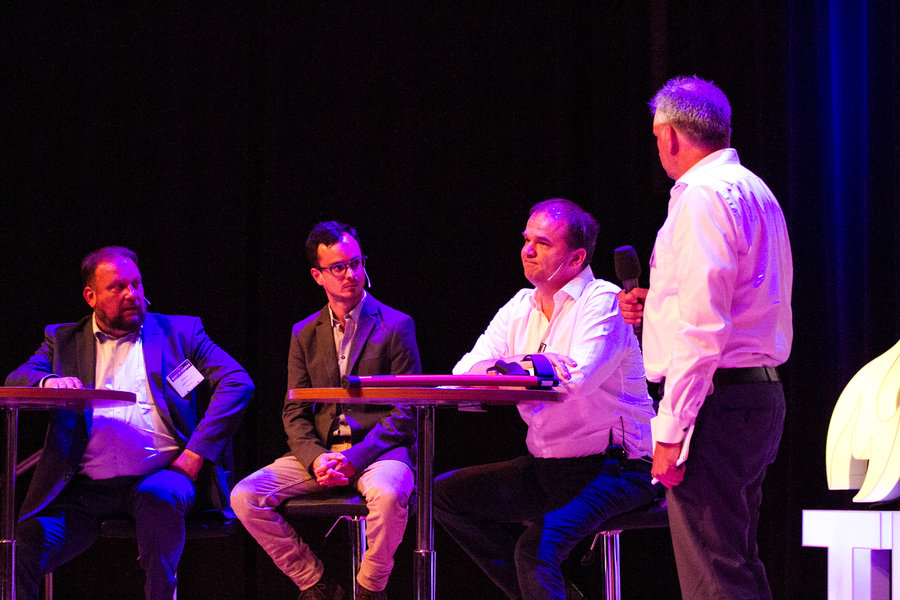
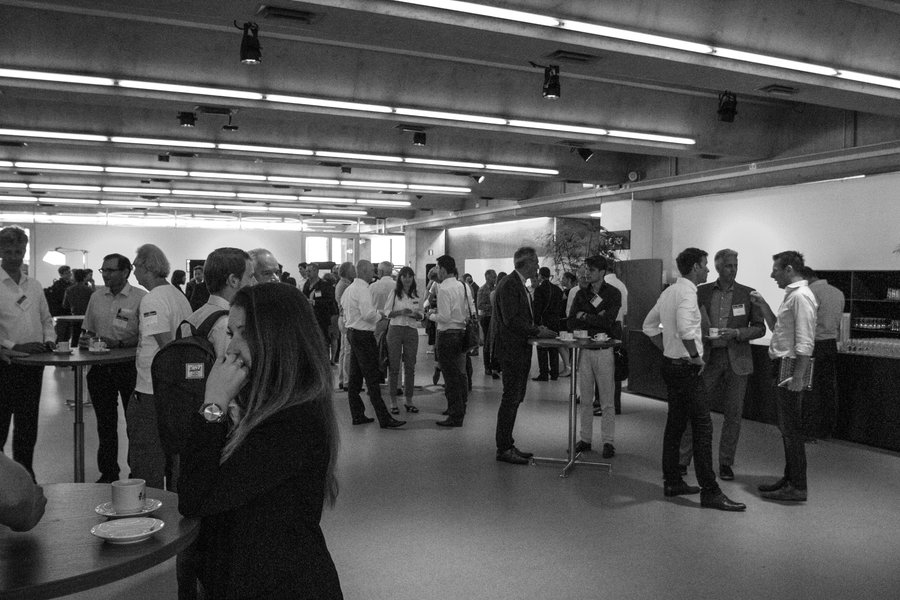
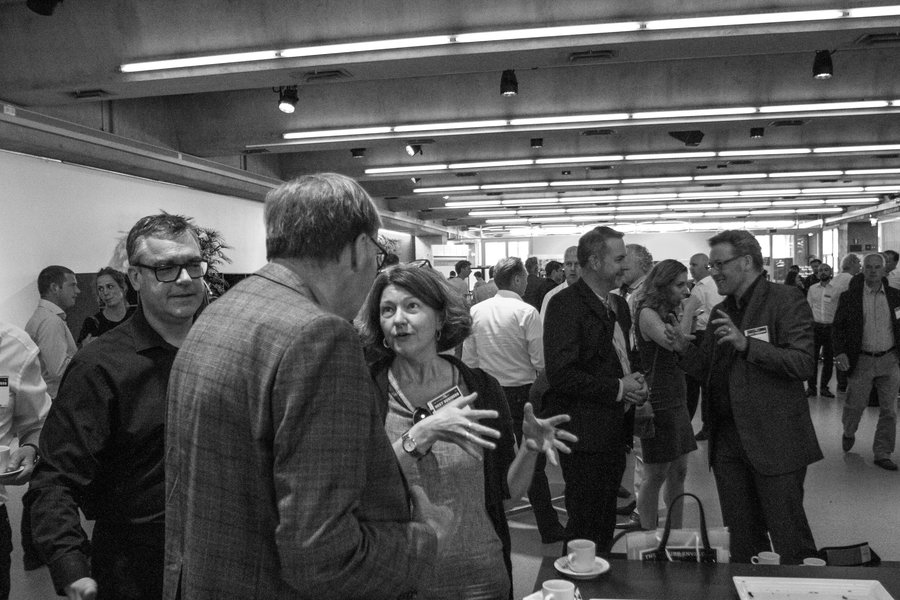
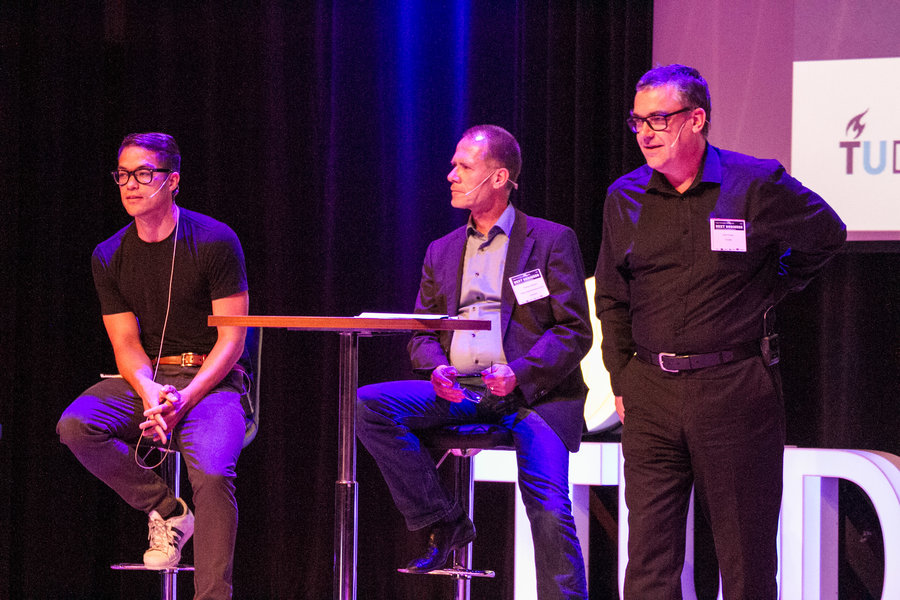
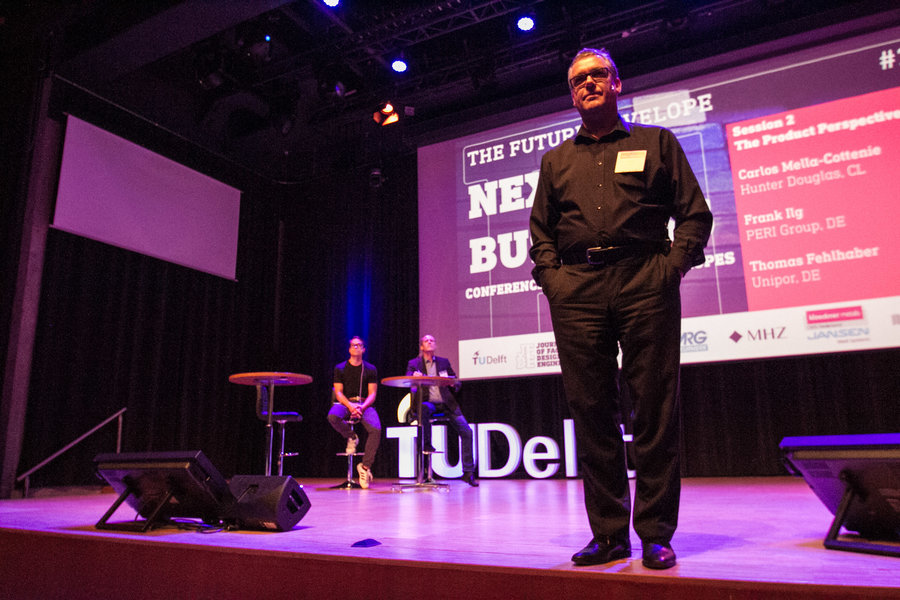
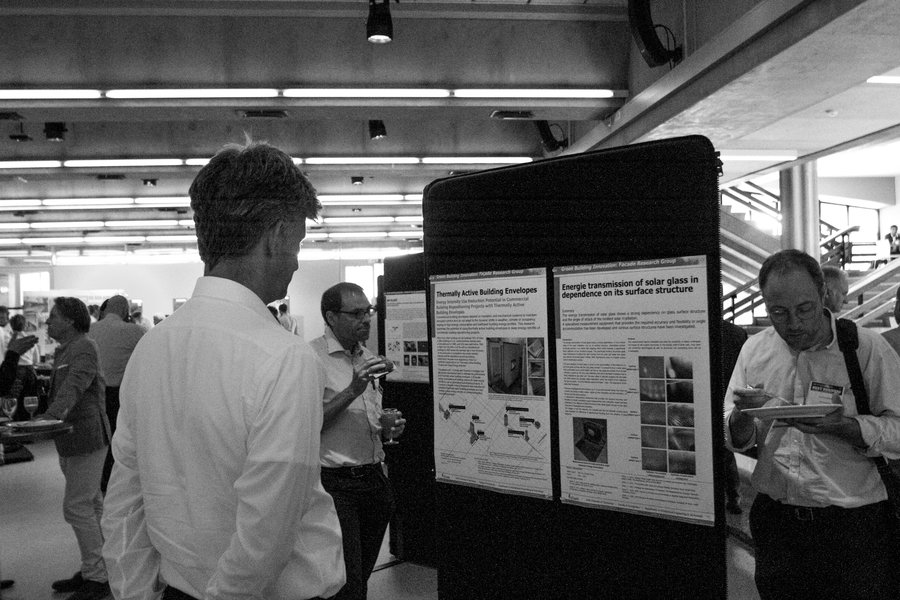
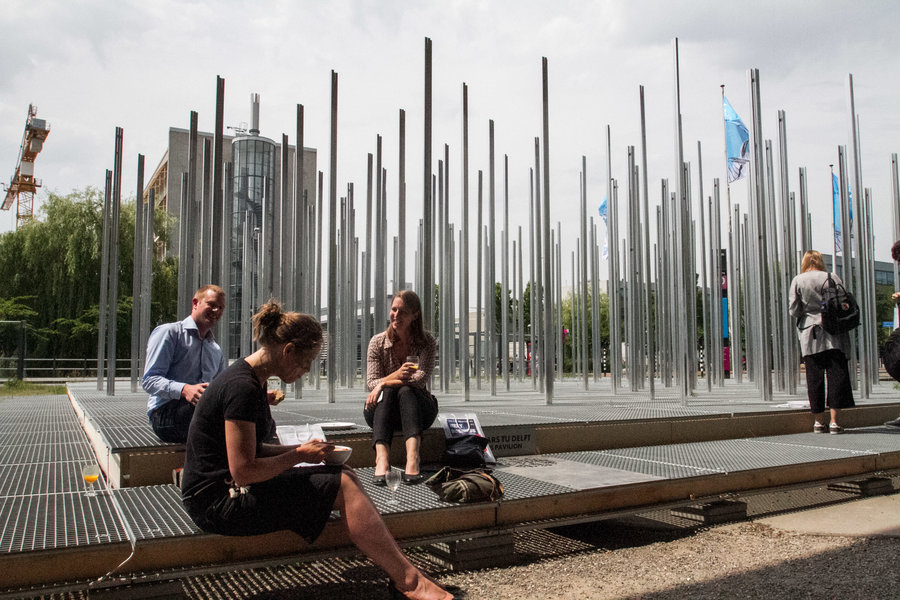
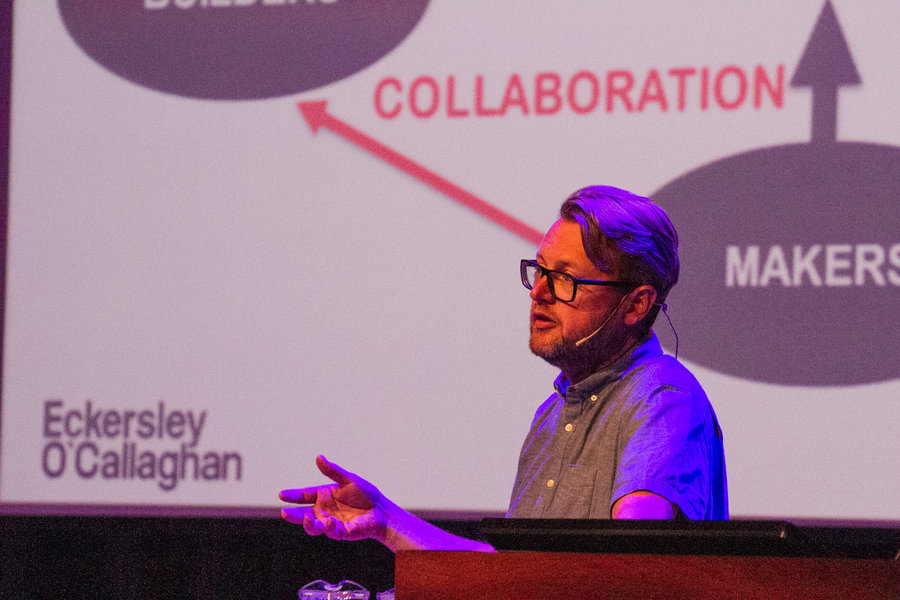
Go back to conferences

